It’s not uncommon that Nordic persons come to regions like Asia and perform important work without being noticed or earning much attention beyond their own field. Senior Education Specialist Dr. Aija Rinkinen is one of them – now highlighted with this ScandAsia feature – and who deservedly has been thanked with an official reception from Finland’s Ambassador to Malaysia, Sami Leino. She has spent three years in the country – working for the World Bank within its (lesser known) advisory services!
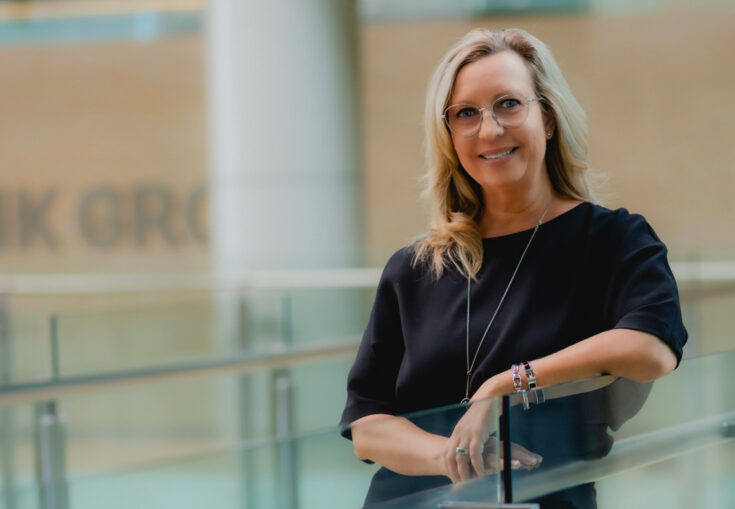
From primary school teaching, to principal, to municipality education head, and on to national level positions – what comes next? Exploring the world and bringing her expertise on education – which in particular Finland is also renowned for – to other countries around the globe in need of further improvements! That is the career path chosen my Aija Rinkinen, and which brought her to Malaysia – having landed a position with the World Bank.
Aija is a special education teacher, with a Master Degree, from Finland who loves learning and is eager to continuously improving herself.
”I started getting interested in educational leadership, development and policies. And I really liked the job as principal because then I could look at education more broadly, and work with people from a wider perspective. At the same time I began to study educational leadership, which you are required to have as a principal,” begins Aija.
Two years later, in 2003, she was appointed head of education in the municipality, responsible for 21 schools. She was then able to do more about strategic education planning and curriculum work on local level. And the next big career step came in 2010 when she got a position at the Finnish National Agency for Education, that is the department responsible for the curriculum design; also some of the national education development programmes.
”My title at the time was Counsellor of Education and I then started to contribute to the new core curriculum in Finland, and I was also responsible for a couple of national development programmes. There was a new legislation for special education and student support in the Finnish education system, so I was running that too – all very interesting,” she continues.
International aspirations
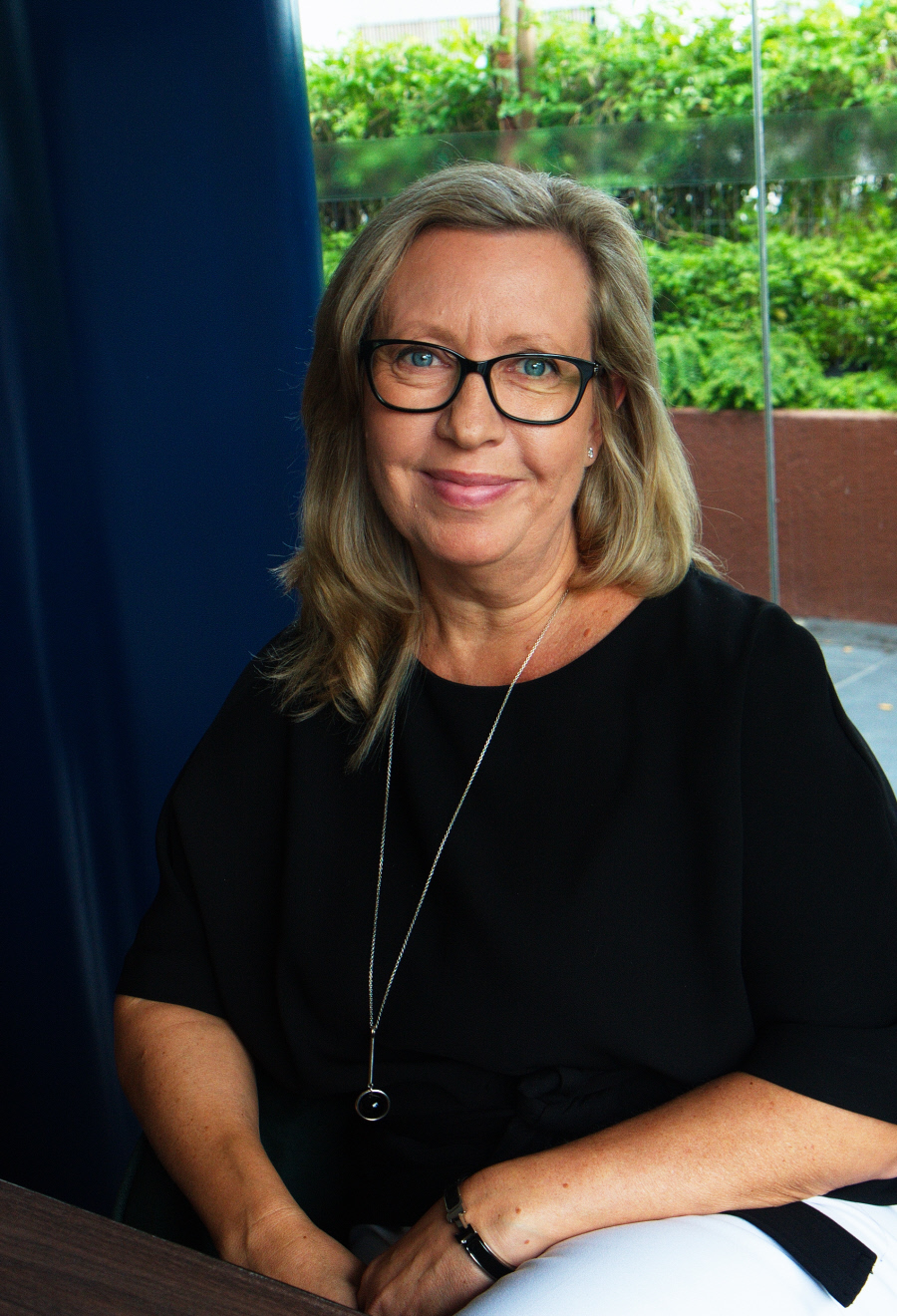
”At that time I started doing more international cooperation also – as part of some of the international education working groups. And I also worked for the European Commission, as representative in Finland for some of its education work. Then, I moved to work for Finland’s Ministry of Education as a Senior Ministerial Adviser able to work more on the policy-level and government programmes. In parallel I studied and finished my PhD.”
”Then I began to think that maybe I could try to start working for some international organisation and move abroad to widen my knowledge even further.”
When browsing the international job market Aija came across the World Bank, which to most people is known for its lending activities. But it has another division: advisory and analytical services.
”The World Bank listed three job openings that were interesting to me, of which and one was the posting in Malaysia. I applied for it and got the job in February 2020, just before the Covid-19 lockdowns.”
”In Malaysia we offer international examples and support for its government – our main cooperation partner – and its policy makers. We’re also doing work with them to find out what could be done in Malaysia. Then it’s up to the government how they decide; what steps they will be taking.”
The Malaysian government finances part of the advisory work provided, a country with the ambition to reach high income nation by 2026. ”They are almost there, but Malaysian people are really keen on developing their systems and understand that in order to take this final step they need to have a very skilled labour force. And in order for people to be productive at work they need to have knowledge and skills; they need to have a good education system. Actually all the countries in the world do the same thing, in developing their own education system, so Malaysia is not an exception,” explains Aija.
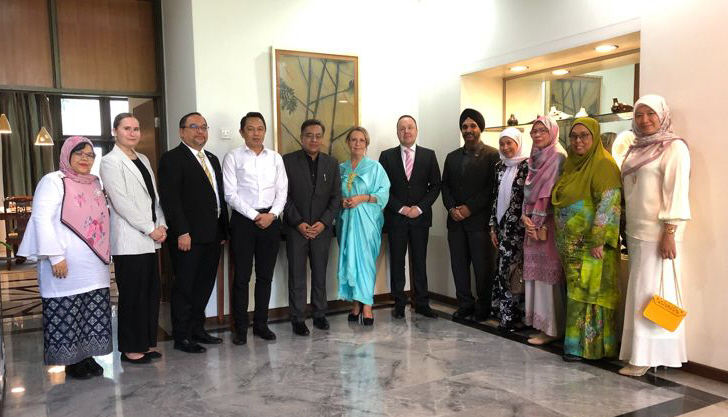
Preschool education improvements a priority
”We always customise for the country, and especially within education, lending money is usually not good enough so it’s pretty much always accompanied by advisory services, But here in Malaysia we don’t have the lending so it’s a little bit different in that respect than what we have in other countries. But of course then it’s designed together with the ministry of education and ministry of finance what we are doing here,” she continues. The programme in Malaysia was a new one that Aija was tasked to plan and initiate.
”For example we’ve been working on the preschool education because there is a lot of knowledge in the communities that if you want to have skilled adults you need to start from early years. And that has been a goal in many Asia-Pacific countries, so they are now working in the early childhood education and preschool education. We’ve been doing that already for a long time in Northern Europe and in the Nordics but now also this area is starting to give this approach more importance. It’s no longer only about providing day care for these small children but it is part of the education journey and system.”
What should be in focus is decided – and evaluated – annually with counterpart. ”At the end of the fiscal year, in June, we evaluate what has happened and look at if there was some impact. We have some metrics for that.”
But for education development the results mainly shows over time: “The changes that happen are very slow and you usually see the results after a long period of time. And of course you can never be sure that the learning that has happened and the work we’ve been doing has been what influenced the government’s actions – there are also other organisations working in the area and people learn and they get ideas from wherever.”
”But for the things we’ve been working on we can see them through changes on the practical levels, regarding what the education ministry does in the schools – these reflect the work that we’ve been doing in Malaysia during 3 years. And in the government budget proposal we were happy to see that there were several issues proposed to work on relating the preschool education.”
Teacher training on the ground is hard work
Reflecting on the advisory work there so far Aija says: “Malaysia has one of the most ambitious and wonderful strategy plans. So I would say that the work we are doing here is not about supporting the government to decide what needs to be done because they do know that very well, but the issue is how to implement it on the ground – and that is hard.”
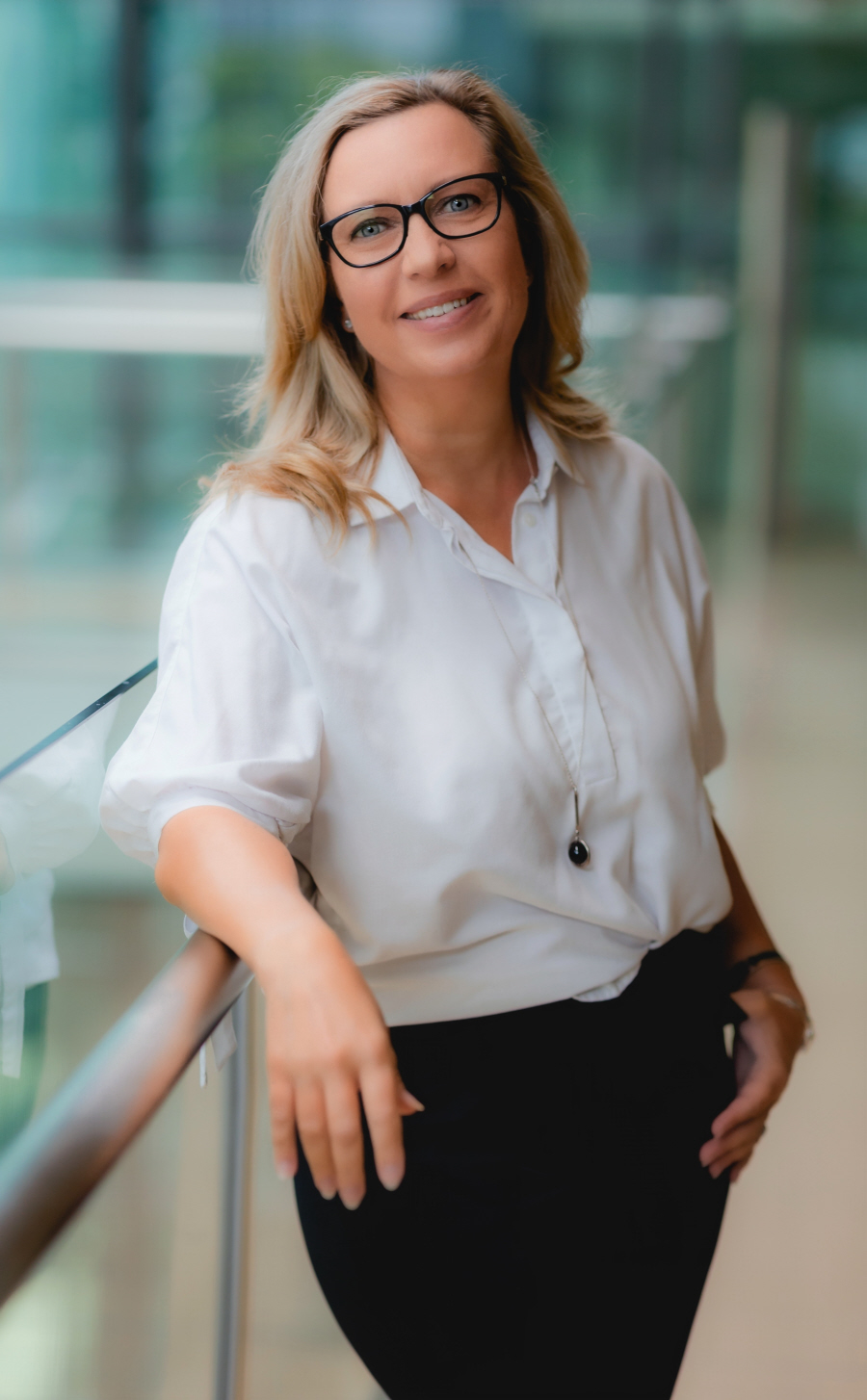
”Its government has very good programmes, but there are so many teachers, for instance, who require training. The teaching and learning process is all about teachers and the communication between students and teachers. For teacher training there are two parts; first there is the initial training that takes place before you start teaching. But even more nowadays, countries need to pay attention to continuous professional development of teachers. We cannot just think that teachers just automatically learn the new pedagogies and subjects and contents of the curricula by themselves. They need support on that but it’s also challenging to accomplish.”
“I always say that there are three things important in education: First, you need to have access to education, and regardless of your social-economical background. The second step is that the education needs to be of high in quality. And then we often talk about teachers – who are the ones that will make it happen. Third, is the need to have the continuity in education so that you can always learn more and there won’t be any dead ends in the education system. These are in my opinion the key components.”
New set of skills
Sharing her further insights on the skills requirements and the need for lifelonig learning Aija comments: ”The world is changing rapidly and these changes are reflected in working life, lifestyles and environments. At the same time, the changes will affect our understanding of the skills and competencies needed in the future. We’re likely to need a new sets of skills and have to look at the old ones with a slightly different angle than we currently do. The need to update 21st century skills may soon be needed in areas such as health and safety, security, environment and climate, self-management, mental resilience, communication, digitalization, technology and media literacy.”
She says that skills are often divided roughly into three categories: (1) cognitive, (2) social and behavioral, and (3) technical and job related skills, where each category includes multiple and diverse subskills.
”The important issue is that a combination of all these skills is needed, and also valued by employers. The younger the child is, the more foundational are the skills that need to be learnt at that point of age. Skills are interlinked; learning them is cumulative, and strong support from teachers and parents is needed,” she explains.
”Lifelong learning is a thought pattern that helps people to adapt and succeed in their lives, society, and at the labor market. It prepares us to live in a world that is shaped by technology, globalisation, environmental threats, and demographic changes as well as sudden shocks – such as Covid-19. It also answers to rapidly changing demand for different types of skills, that leads us to the need to build an education and training system where continuous upskilling and reskilling is possible. Skills development starts from early years and lasts for a lifetime.”
”Resilience helps us to adjust and find solutions to different and fast-changing circumstances. Resilience is important on different levels; there needs to be resiliency on system level and processes, and also on individual level and everyday situations. We do not know about the future, so even if we think today that we know how the future will turn out to be, we might be proven wrong. That is where resiliency comes to be handy. Our skills, knowledge and resilience are the building blocks that support innovation. The more skills you have, and the more innovative you are in combining those skills, the more out-of-box solutions you will be able to create. Many times we link innovation with technology and business, but it actually is needed at all the sectors of our life.”
Digital and technological skills, in particular, already have a permanent part: ”Technology already is and will increasingly be used both in our everyday life and in the working life. Technology is here to stay, we just need to decide how it is used, and make sure that everyone has access, skills, knowledge, and opportunity to benefit from it.”
When it comes to Finland’s renowned education know-how and success Aija is able to bring the Finnish experience as part of her global experience in her work.
”On the other hand – once people learn that I come from Finland many stakeholders, including NGOs, individual people and private schools contact me, wanting to meet, based on their interest in Finnish education. So I’ve been sharing a lot about that during my free time. I keep this very separate from my Senior Specialist role at the World Bank. I collaborated also with the Finnish ambassador here, because the embassy can support the Finnish education know-how to be used here more – and that’s their work. I can introduce people to each other and connect, since I know the Finnish education sector.”
Having spent three years in Malaysia Aija, will remain with the World Bank and continue working with Malaysia, but from the head office in Washington D.C.
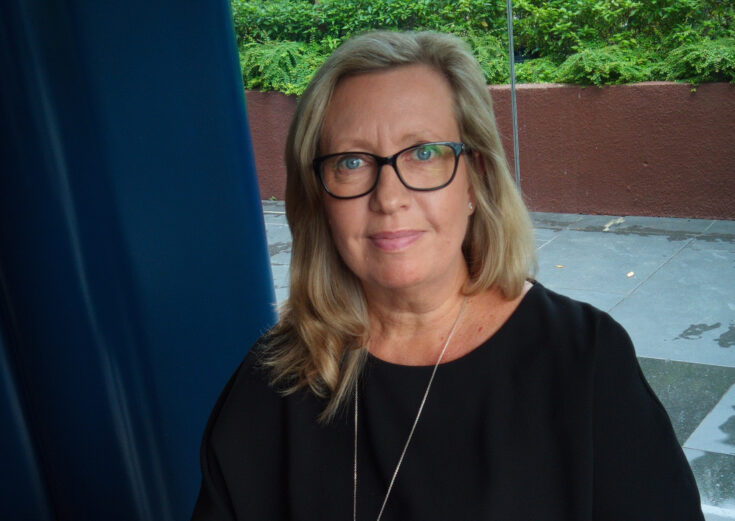
”I want to see what the work is like in the head office, and find out more about the global work. Maybe in the future at some point I could go to Africa or South America and learn even more, because learning is something that I love. I have learnt so much while being in Malaysia, and I am sure I could learn even more by going to a different continent.”
”I’d like to say that the Nordic countries have a lot of skills about what we can do and have been doing. But many people are quite shy to share their knowledge. I would however like to encourage people to apply for international positions. Just take the leap, and go! Apply, because we have the knowledge we could use, and not only in education but all fields – that can benefit the world. And even to let people globally know that the Nordic countries exist. There is a lot to learn from us – but we also have a lot to learn from other countries so it goes both ways,” ends Aija.




